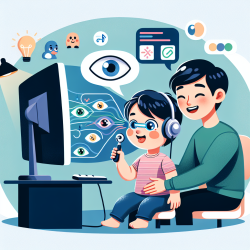Introduction
The integration of Artificial Intelligence (AI) into healthcare is a revolutionary step forward, promising to enhance precision medicine, diagnostic tools, and patient outcomes. However, the success of AI in healthcare heavily relies on access to large datasets, which raises significant privacy concerns. The General Data Protection Regulation (GDPR) of the European Union (EU) provides a robust framework that could guide policymakers in the United States and Canada to balance data accessibility with privacy protection.
The GDPR: A Beacon for Privacy and Data Access
The GDPR is a comprehensive data protection regulation that has set a high standard for privacy rights. It emphasizes the importance of obtaining explicit consent for data processing and introduces rights such as data portability and the right to be forgotten. These provisions aim to empower individuals by giving them greater control over their personal data.
For healthcare practitioners, especially those providing online therapy services like TinyEYE, understanding and implementing GDPR principles can enhance data security and patient trust. The regulation's emphasis on transparency and accountability aligns well with the ethical standards required in healthcare.
Implications for Healthcare Practitioners
Healthcare practitioners can improve their services by adopting GDPR-like practices, even if they are not legally required to do so. Here are some actionable steps:
- Enhance Data Security: Implement robust data protection measures to safeguard patient information. This includes encryption, regular audits, and secure data storage solutions.
- Obtain Explicit Consent: Ensure that patients are fully informed about how their data will be used and obtain explicit consent before processing their data.
- Facilitate Data Portability: Allow patients to easily transfer their data to other healthcare providers or services, which can improve continuity of care.
- Right to Be Forgotten: Develop procedures to allow patients to request the deletion of their data, enhancing their control over personal information.
Encouraging Further Research
The GDPR's framework provides a foundation for further research into privacy and data protection in healthcare. Practitioners are encouraged to explore how these principles can be adapted to local regulations and specific healthcare contexts. Collaborative research efforts can lead to innovative solutions that balance data accessibility with privacy protection.
Conclusion
Integrating AI into healthcare offers tremendous potential, but it must be done with a keen awareness of privacy concerns. The GDPR provides a valuable model for ensuring that data access and privacy protection go hand in hand. By adopting similar principles, healthcare practitioners can enhance patient trust and improve outcomes.
To read the original research paper, please follow this link: Integrating artificial intelligence into health care through data access: can the GDPR act as a beacon for policymakers?










